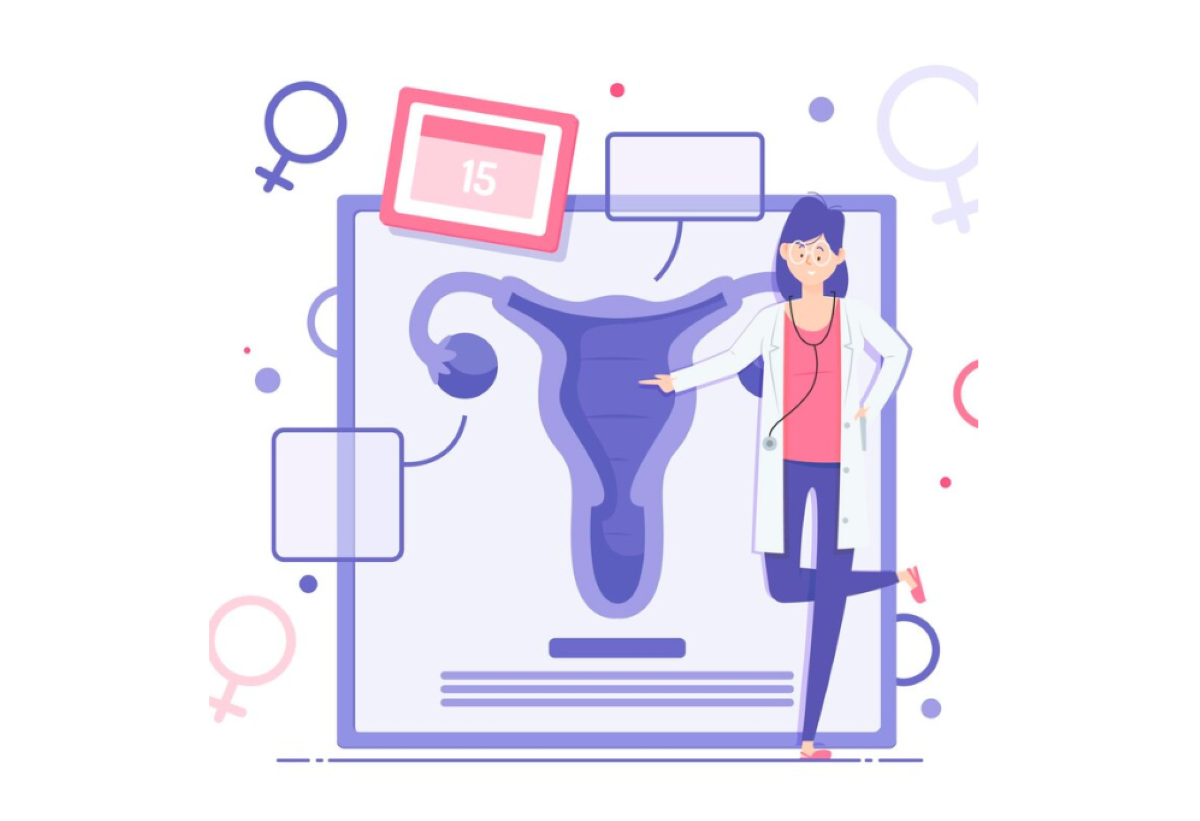
Are you thinking about getting pregnant? You may be curious about ways to boost your chances of conceiving. While some factors are out of your hands or may require medical assistance, your lifestyle choices can also play a significant role in your fertility. Here’s what you should understand.
Female fertility refers to a woman's ability to conceive a child. Have you and your partner been attempting to become parents by having unprotected sex for a minimum of one year without any success? If you haven't become pregnant during that time, it might lead you to question your fertility. It's important to know that female fertility problems can affect anyone, regardless of gender.
While the inability to conceive is the main symptom, some women may have other signs that could indicate infertility. However, it's important to understand that just because some women have these signs doesn't mean they will have trouble getting pregnant, and some women with no signs may still be infertile. Here are some signs of potential female fertility problems:
Most women's menstrual cycles are about 28 to 30 days long. It’s normal for the cycle to vary a few days, but if someone cannot predict when their period will come, it may be a problem. Monthly cycles that are shorter than 21 days or longer than 35 days can indicate issues like polycystic ovarian syndrome (PCOS) or hormone imbalances.
Many women may experience some cramps during their periods, but if cramps are extremely painful and interfere with daily life, this could be a sign of endometriosis. This is a condition where tissue that usually lines the uterus grows outside of it, which can lead to problems with fertility.
Various hormones in the body affect fertility. If there are imbalances in hormones, it can lead to infertility. Symptoms of hormone issues can include:
Having pain during sex is not normal and can be due to conditions like endometriosis, fibroids (non-cancerous growths), sexually transmitted diseases, or other issues related to the reproductive organs. These conditions can increase the risk of infertility.
Factors that can have an impact on female fertility include:
Some women have trouble releasing eggs from their ovaries. This can happen because of hormone imbalances. Conditions like polycystic ovary syndrome (PCOS) or problems with thyroid or prolactin hormones can affect this. If a woman's periods are irregular, it can also indicate ovulation issues.
Growths in the uterus, known as polyps or fibroids, can the cause of female Infertility. They may block or interfere with the way a woman’s reproductive system works.
The fallopian tubes are the pathways that eggs travel through from the ovaries to the uterus. If these tubes are damaged or blocked, it can prevent pregnancy. This damage is often caused by infections like pelvic inflammatory disease.
This condition occurs when tissue that normally lines the inside of the uterus starts to grow outside of it. This can cause pain and also make it more difficult to conceive.
Some women experience menopause (when periods stop) before they reach 40 years old. This is called primary ovarian insufficiency and means their ovaries stop functioning earlier than usual.
Sometimes, scar tissue can form in the pelvic area, which can happen after infections or surgeries. This scar tissue can block or hinder the organs involved in reproduction.
As women get older, especially as they approach their 40s, their fertility decreases. They lose eggs more quickly, and even the eggs they have are less likely to be healthy and lead to pregnancy.
Making healthy lifestyle choices can be beneficial. Here are some steps you can take:
Related: Link Between Hormones and Mental Health in Women
Addressing common fertility concerns and understanding the various factors that influence conception can empower couples on their journey toward parenthood. By implementing healthy lifestyle choices and seeking medical advice when needed, couples can enhance their chances of conceiving. If you find yourself facing high-risk factors or complications during pregnancy, know that expert care is available. A high-risk delivery hospital in Mumbai at Dr Hiranandani Hospital provides specialized support through our High Risk Pregnancy Clinic, which focuses on the surveillance and management of pregnancies at risk due to various factors. These can include past obstetric outcomes like repeated abortions, medical illnesses complicating pregnancy, and events occurring during the present pregnancy, such as growth restrictions or multiple pregnancies. If you have persistent concerns or questions, don’t hesitate to reach out to a healthcare provider for support and guidance.